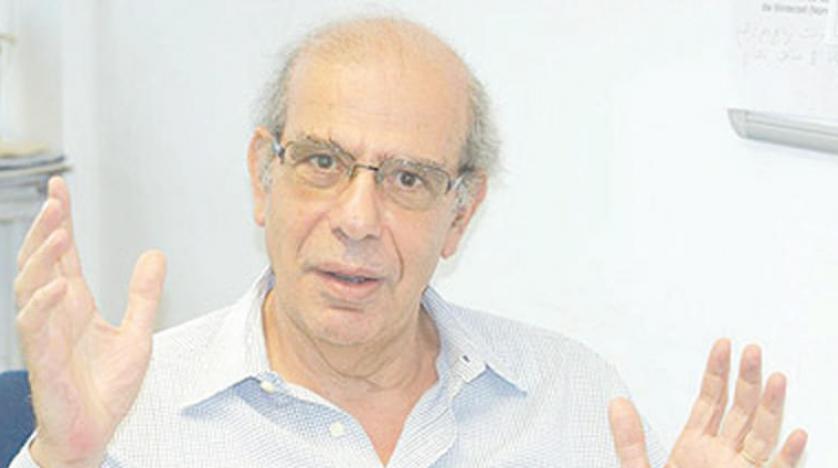Beirut- In his newly released publication titled “Al-Islam fi Shaer Al-Masihi” (Arabic for Islam in Christian poetry), Fares Joachim presents samples of the works of over 30 Arab writers from Syria, Lebanon, Egypt, Sudan, Palestine and other Arab countries.
Citing their writings, Joachim highlights the presence of Islam singling it out in poems and praises.
Joachim’s book opens with a quote for the Lebanese renowned poet Kahlil Gibran recognizing the glory and values of Islam and God’s Messenger, Muhammad (pbuh).
Gibran was born into a Maronite Christian family and raised in Maronite schools. He was influenced not only by his own religion but also by Islam.
Poems viewing the teachings, journey and life of Prophet Mohammed and written by authors belonging to the Christian faith are seen across Joachim’s latest publication.
Expressing solidarity with fellow Muslims, Arab Christian writers have managed to produce verses, literature and anecdotes to all significant Islam-related occasions.
Another well-known Lebanese poet Salah Labaki, in his poem “Ghorabaa” (Arabic for “Strangers”) draws on Prophet Mohammad’s teachings, beseeching, as ignorance prevails in society. Labaki (1906-1955), born in Sao Paulo of Lebanese descent was a poet, prose writer, journalist and lawyer.
Palestinian poet Kamal Nasser in his poem “Al Yatim” (Arabic for “Orphan”) cites the harsh conditions under which the Prophet had lived under as an orphan.
Bridging the gap between the two religions is the extra-ordinary story of Maroun Aboud who is an Arab-Christian who chose to name his own child Mohammad in recognition of Islam’s Prophet. Aboud’s story intrigued many Christian writers among which was Lebanon’s Amin Al Rihani.
Christianity and Islam are the largest religions in the world and share a historical and traditional connection, with some major theological differences. The two faiths share a common place of origin in the Middle East.
